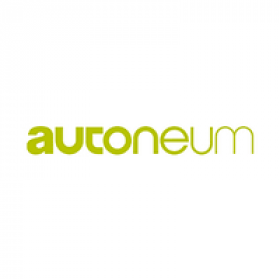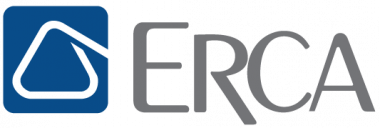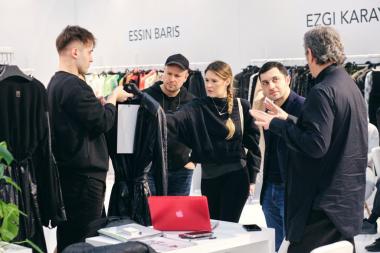Autoneum: Acquisition of Borgers Automotive successfully completed
The acquisition of the automotive business of Borgers, announced in January 2023, has been completed with effect from April 1, 2023, following receipt of all antitrust approvals. As a result, Autoneum now operates 67 production facilities worldwide and employs around 16 100 people in 24 countries. With the acquisition of the long-established German company, Autoneum is further expanding its global market leadership in sustainable acoustic and thermal management of vehicles. For the planned capital increase of around CHF 100 million for the long-term financing of the acquisition, the shareholders approved the creation of a capital band.
The purchase agreement signed on January 6, 2023, to acquire the assets of the insolvent Borgers companies by Autoneum could be completed. As a result, Autoneum will take over the assets of the Borgers companies in Germany and the shares in the subsidiaries in France, Poland, Sweden, Spain, the Czech Republic, the United Kingdom and the USA as well as in the company in Shanghai, China, with effect from April 1, 2023. As already communicated, the enterprise value paid amounts to EUR 117 million.
The product and customer range of Borgers Automotive, the specialist for textile acoustics protection, insulation and trim for vehicles, ideally complements Autoneum’s sustainable product portfolio. Particularly with the wheel arch liner and trunk lining product lines as well as the truck business, Autoneum’s global presence offers further potential for profitable growth also outside Europe. In addition, Borgers has more than 150 years of experience in recycling textile materials. In the 2022 financial year, the Borgers Group – excluding the mechanical engineering division which was already sold in the summer of 2022 – generated expected annual revenue of around EUR 700 million and employed around 4 500 employees worldwide. Autoneum has agreed new pricing and delivery terms with Borgers’ customers, which will ensure both sustainable profitability and the further development of technologies and processes.
From April 1, the former Borgers sites in Germany will be part of Autoneum Germany GmbH, which has been in existence for many years. The other subsidiaries worldwide will gradually be renamed Autoneum.































